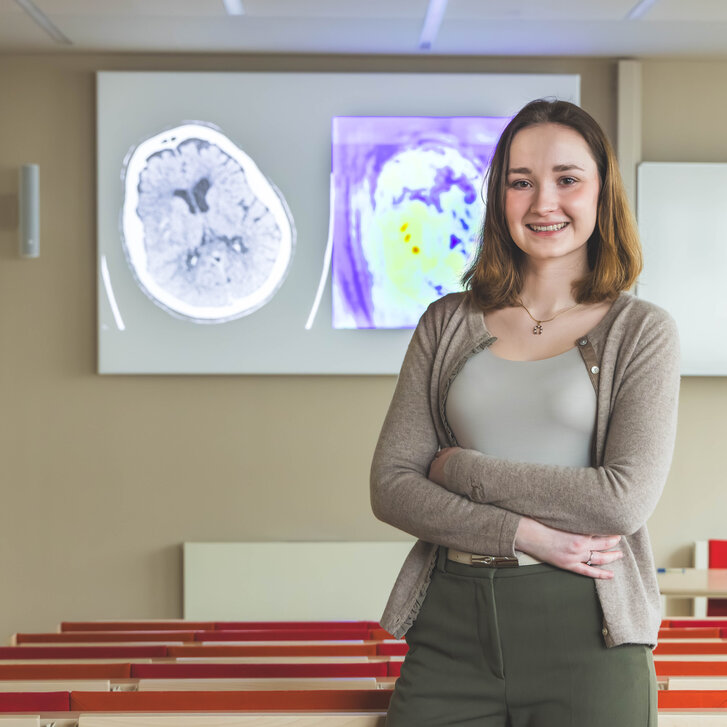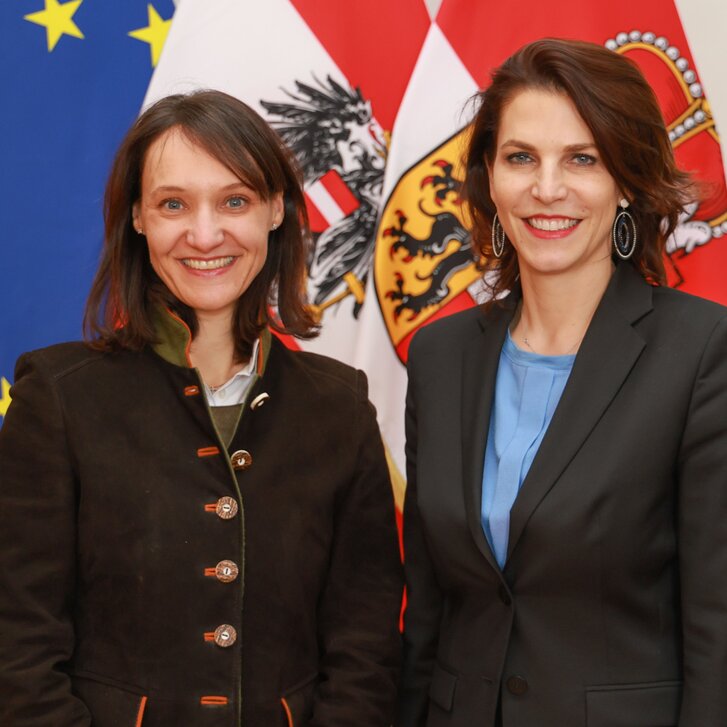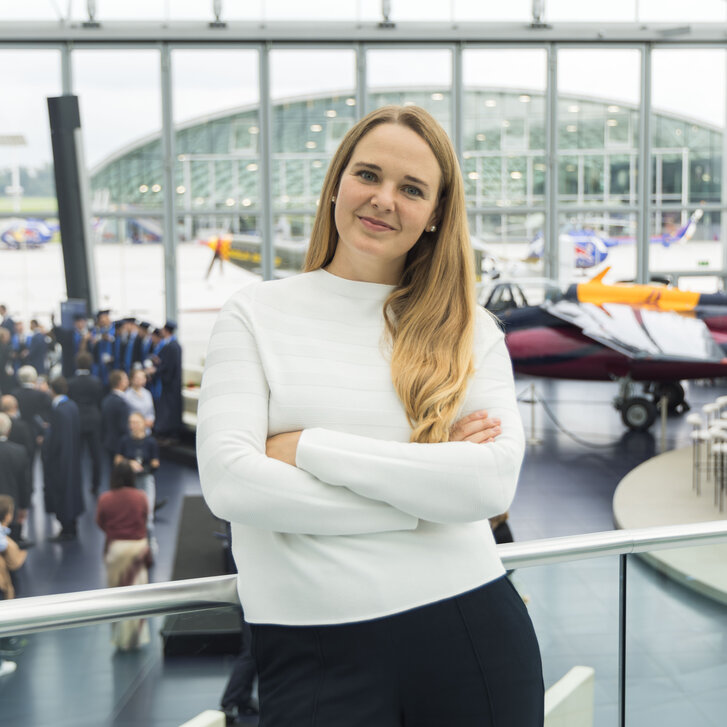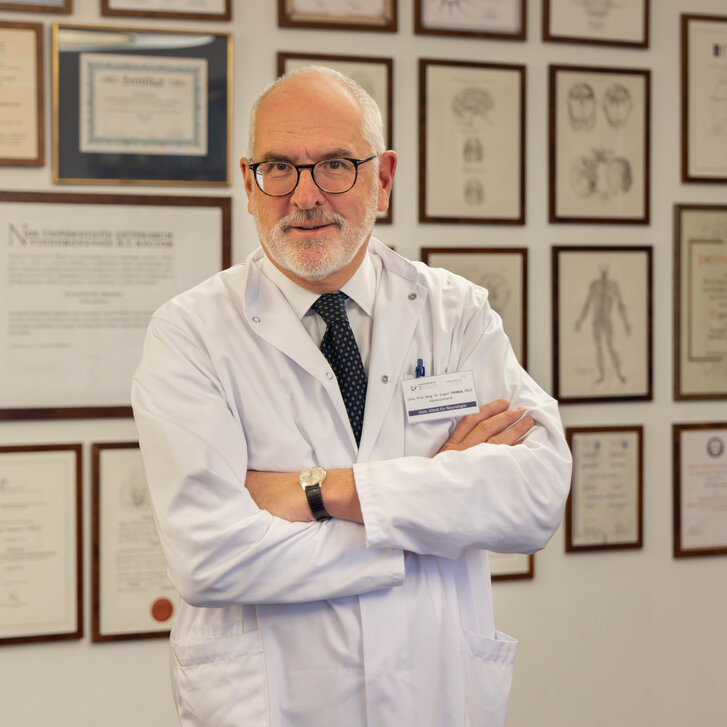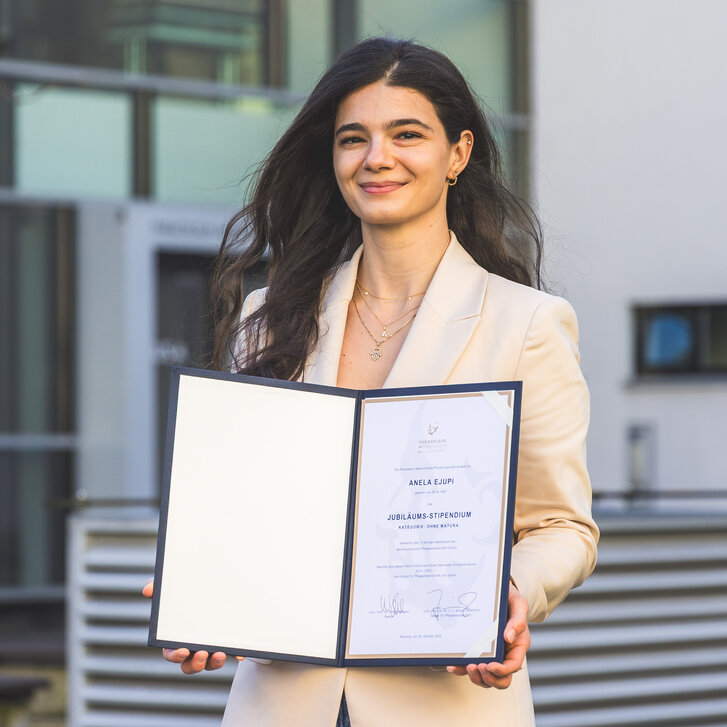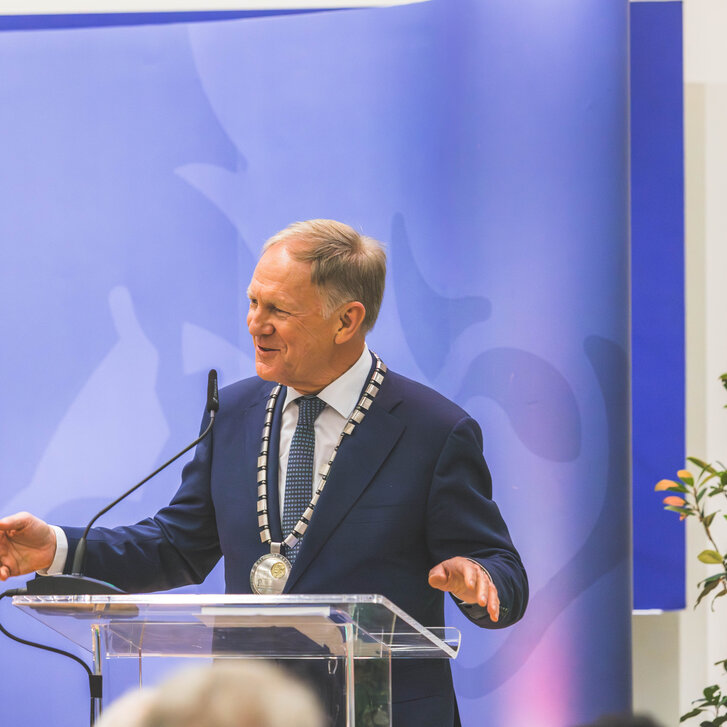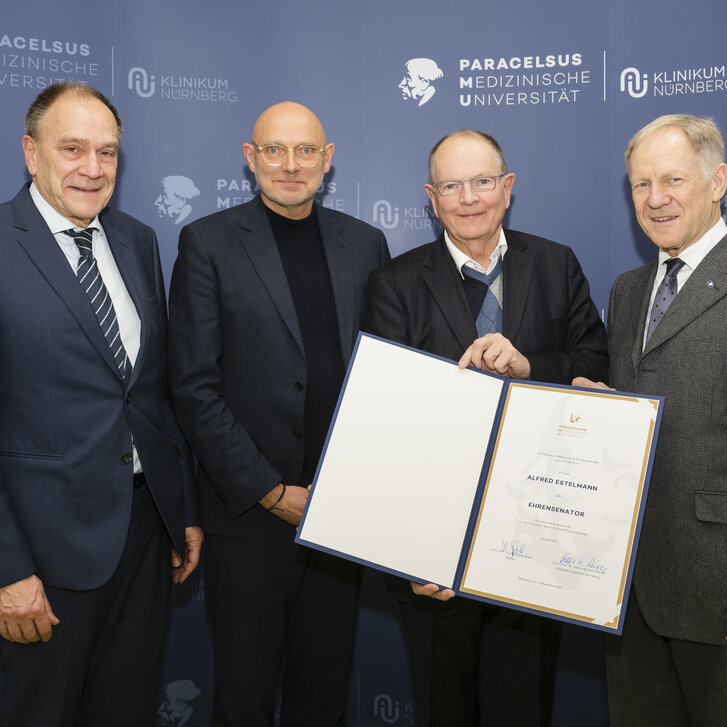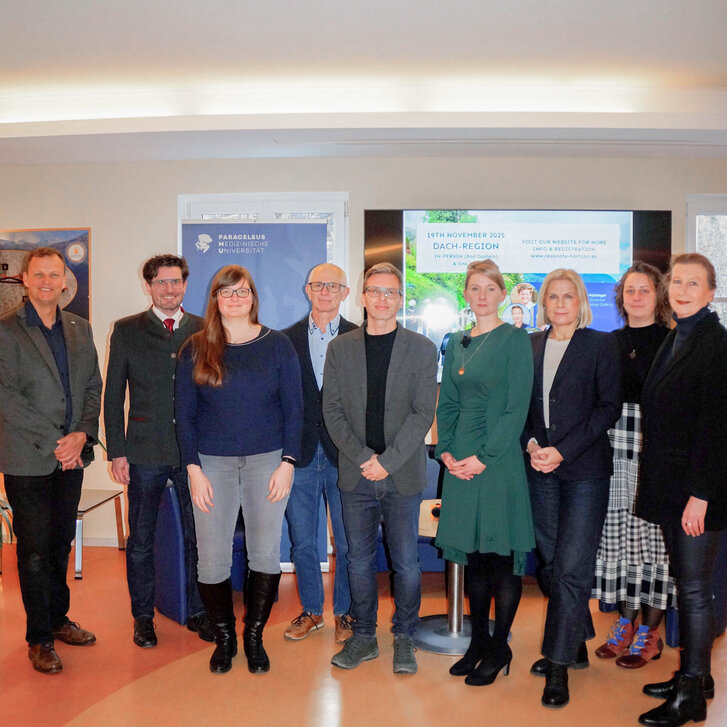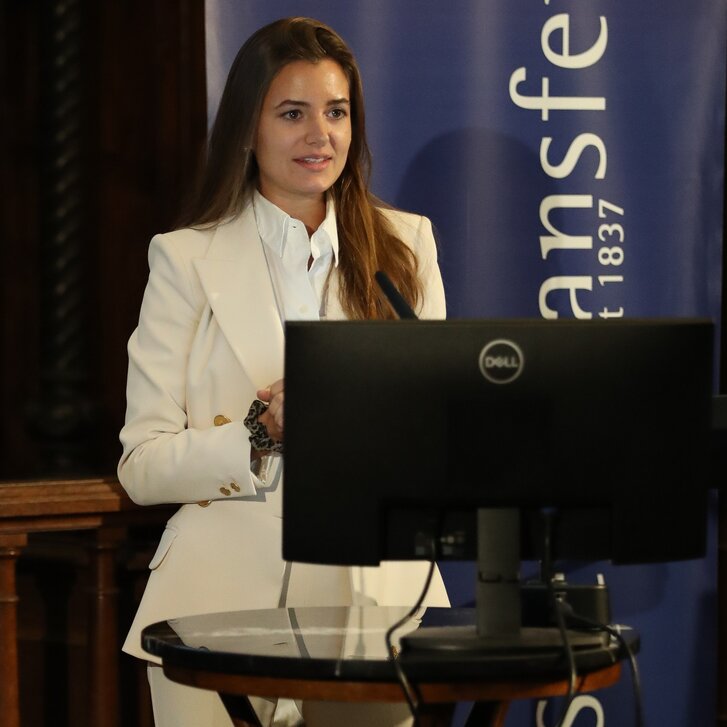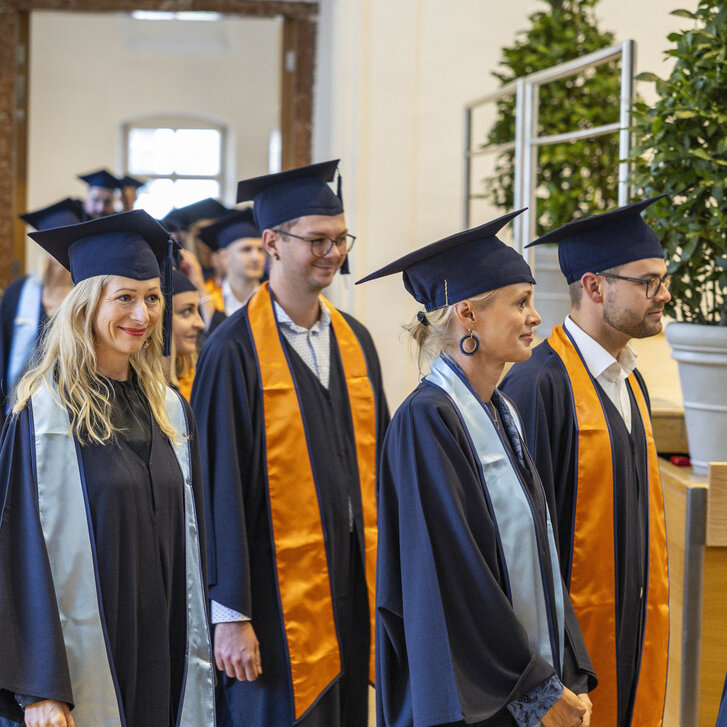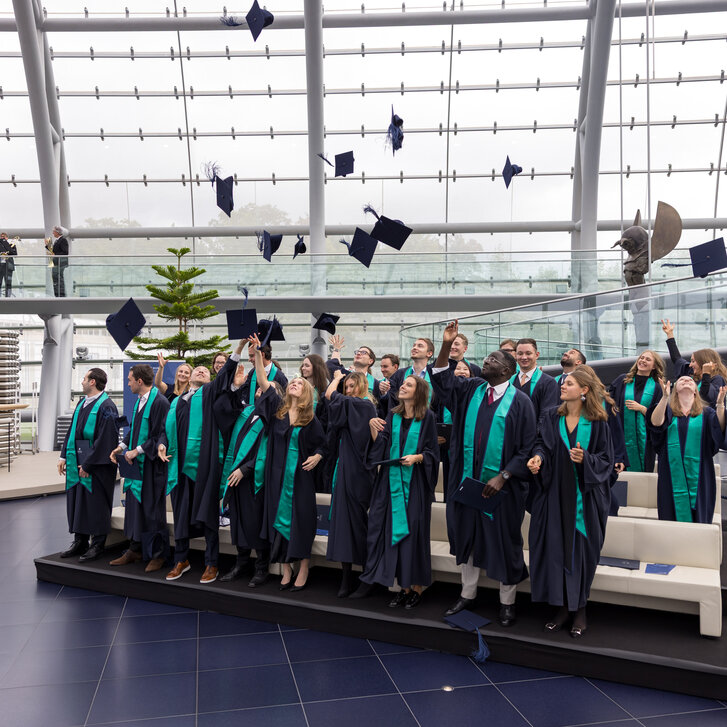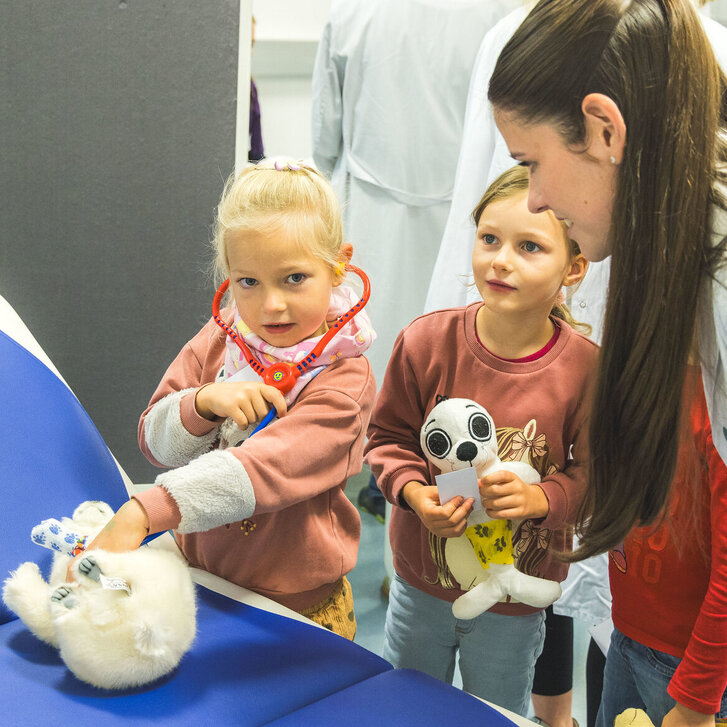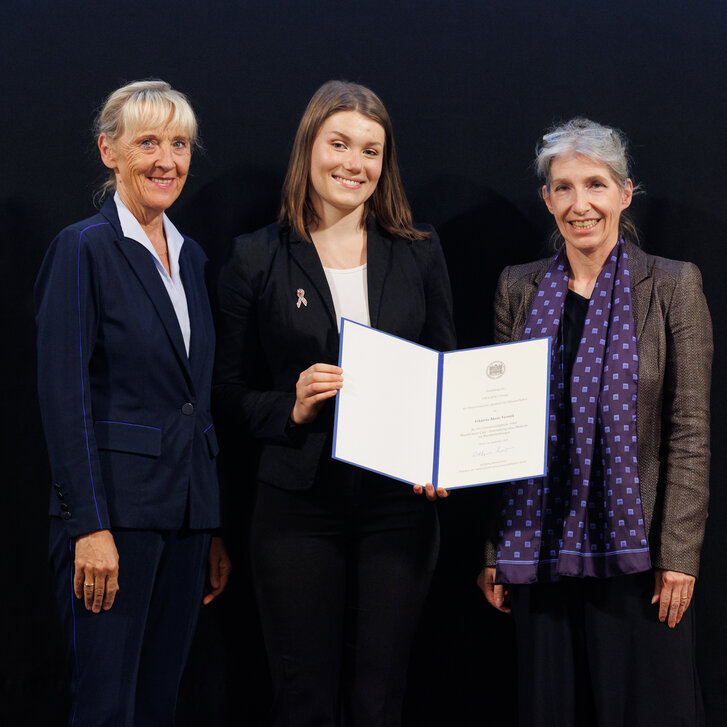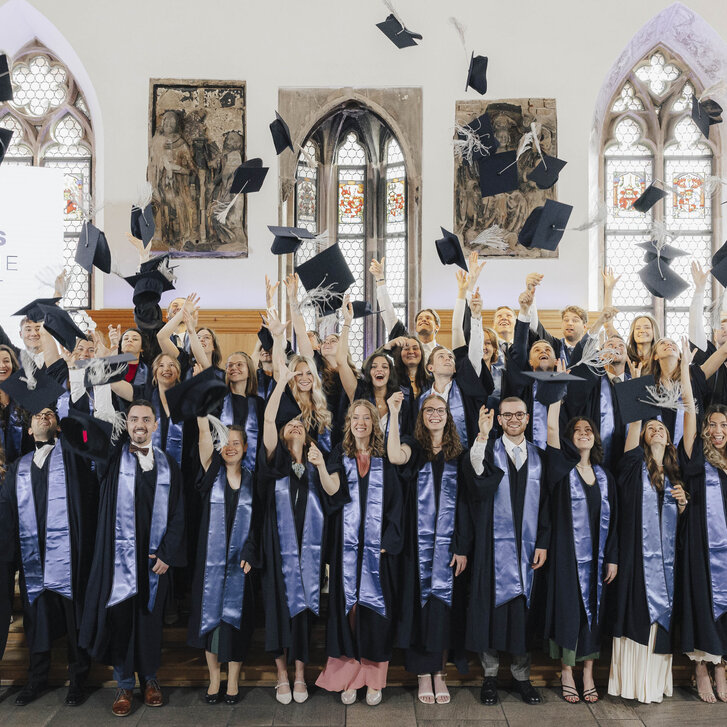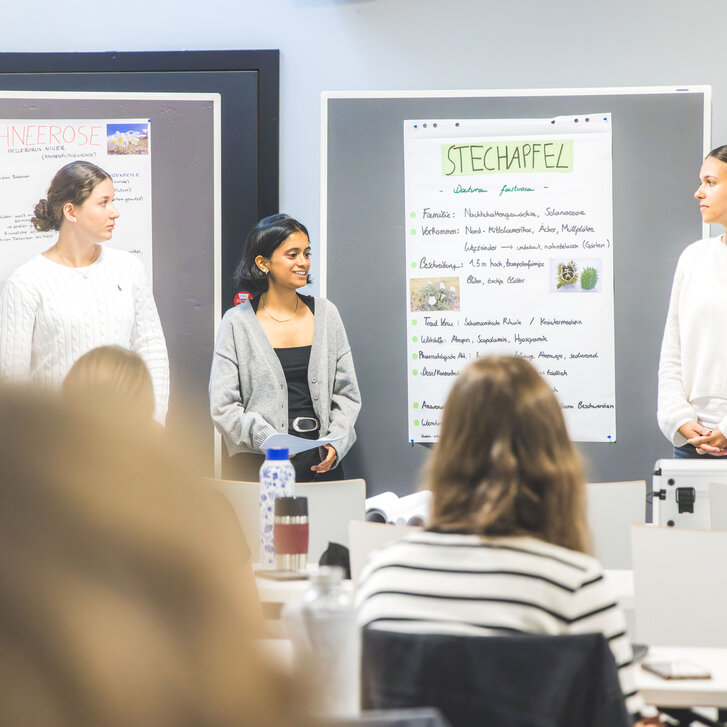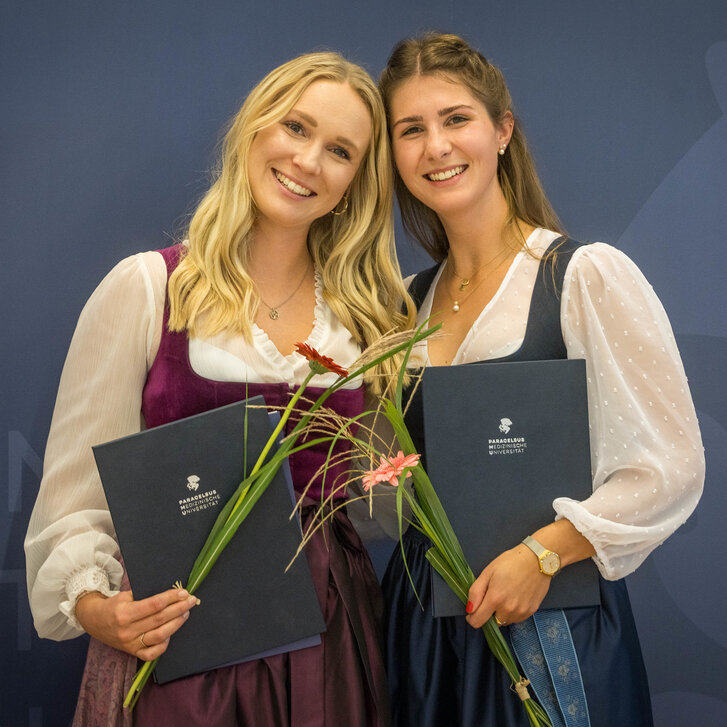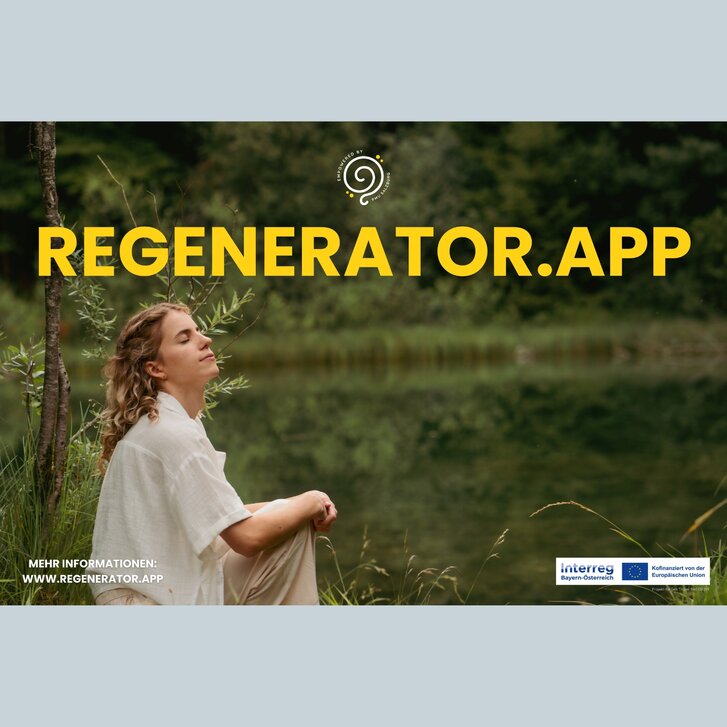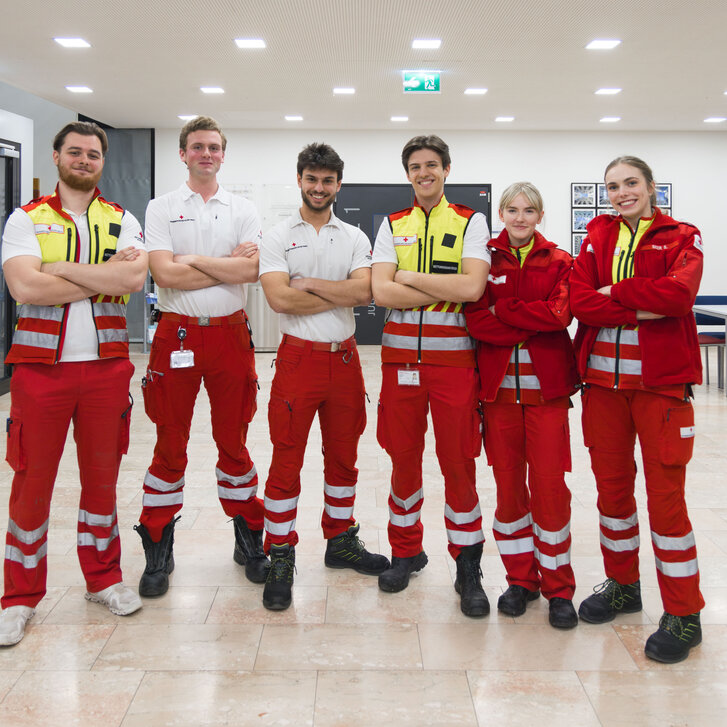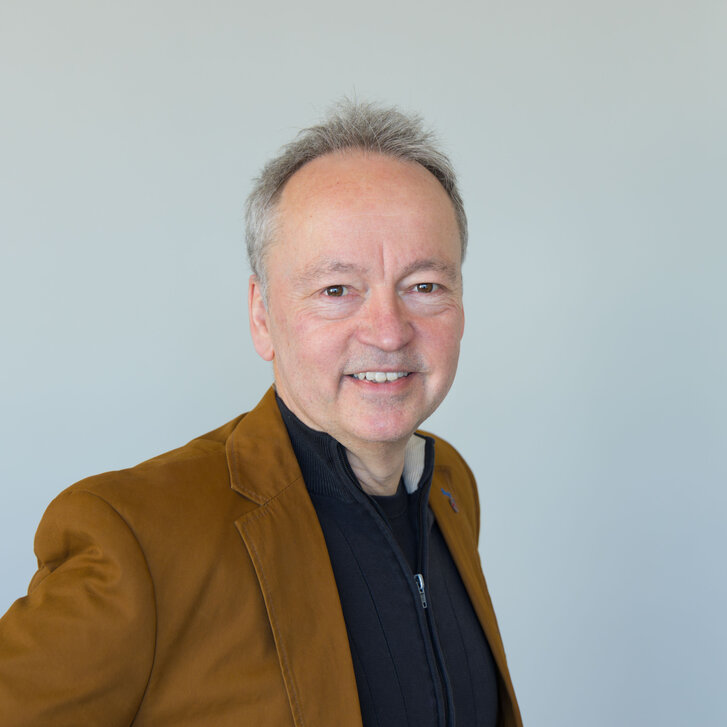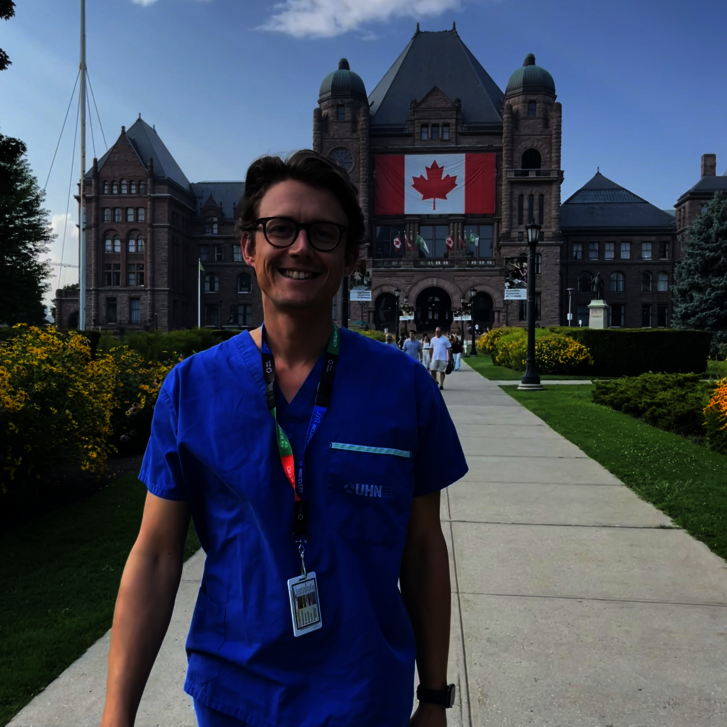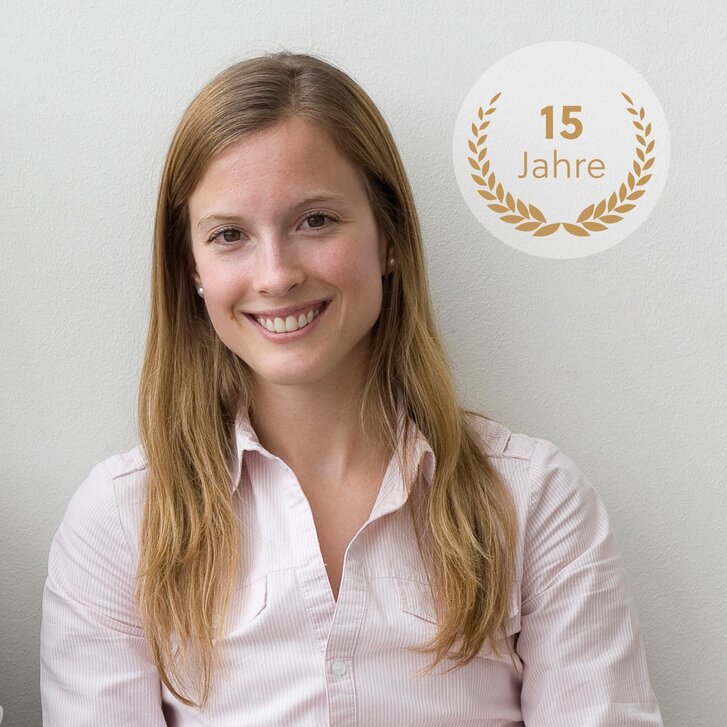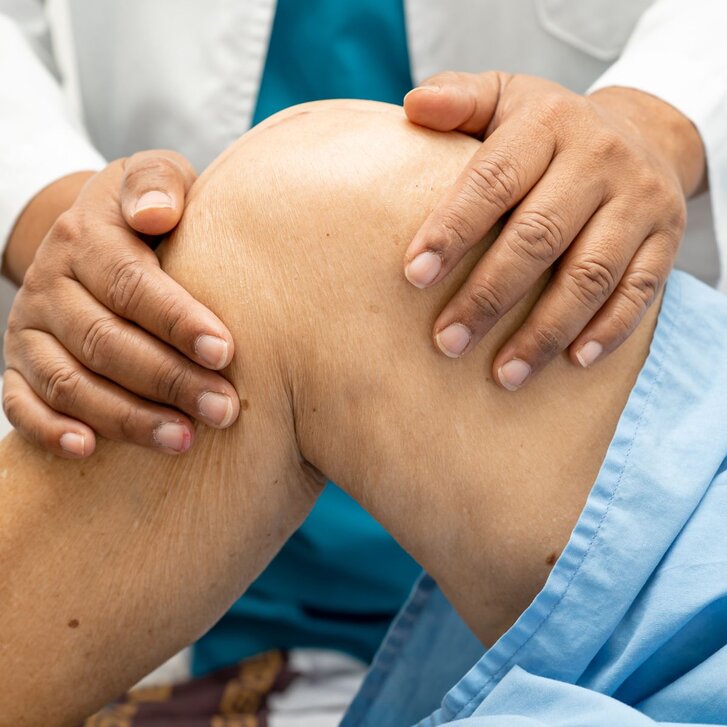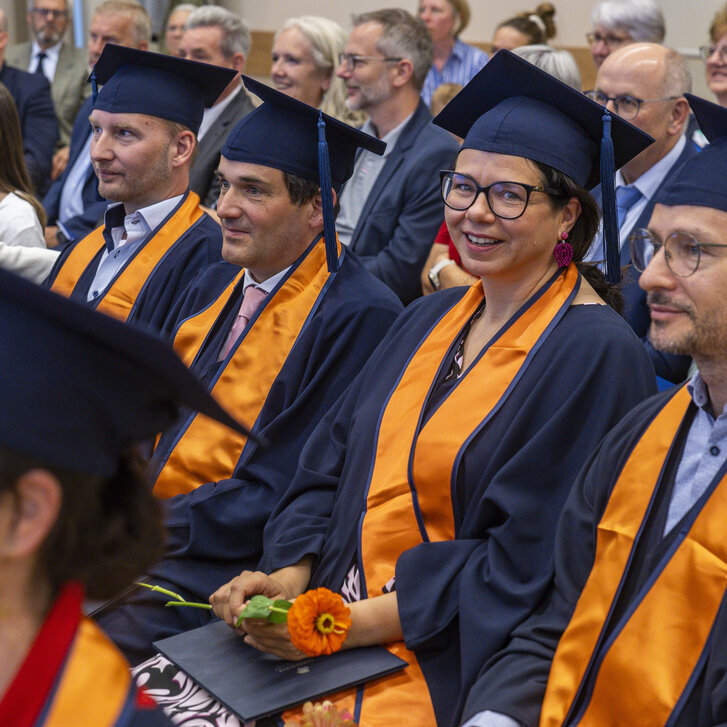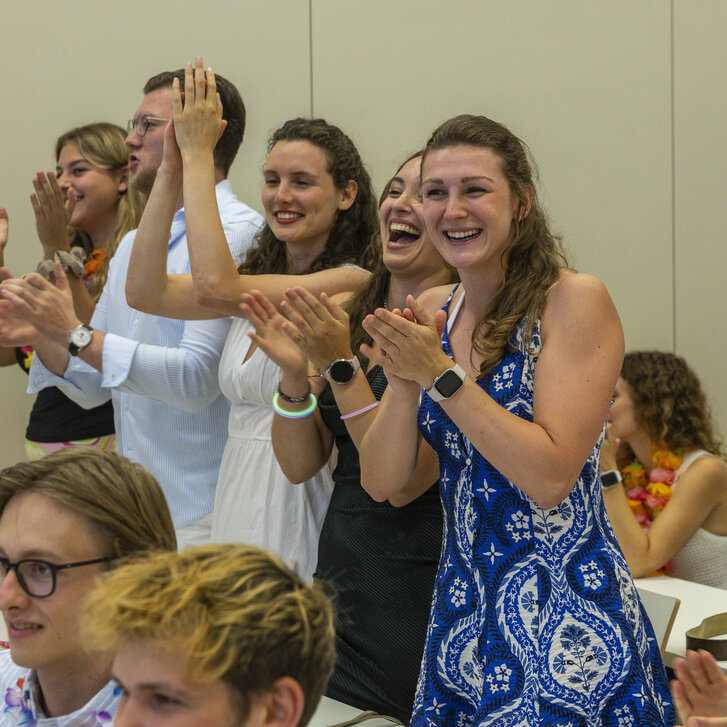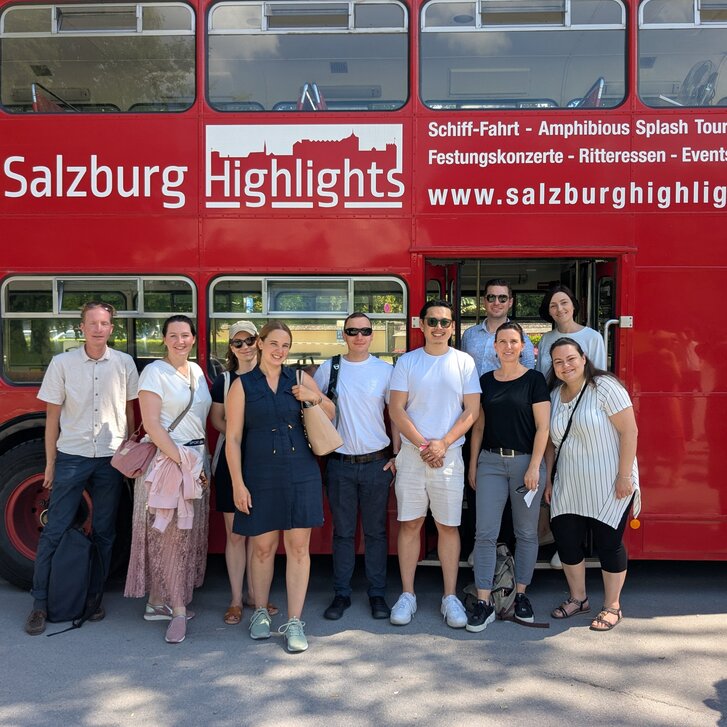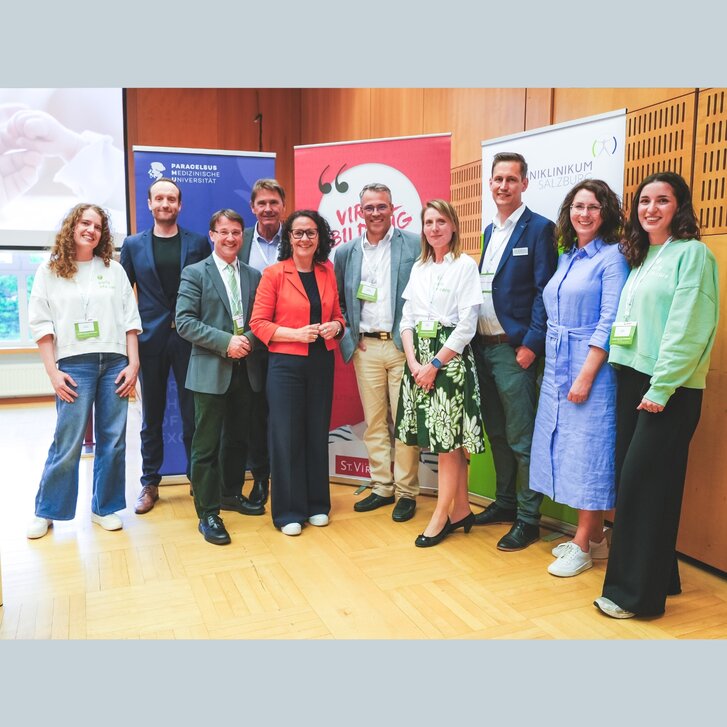
Resources for a Good Start in Life

Interdisciplinary Perspectives on Early Childhood
Salzburg, May 25, 2025. Early childhood development is not just a pedagogical or medical issue—it is a societal responsibility. The 4th Early Life Care Conference, held last weekend by St. Virgil Salzburg and the Paracelsus Medical Private University (PMU), impressively highlighted how multifaceted and significant the support of children and families is in the early years of life—especially when this support must take place under challenging conditions.
Interdisciplinarity as a Foundation
In a time when psychological stress, poverty risks, and family uncertainties are increasing, interconnected thinking and action in early support are essential. This is precisely where the conference, held under the motto "Support from the Beginning," came in, bringing together over 100 professionals from across Austria and neighboring countries.
"We structured the conference not only to focus on resources for the affected target groups but also on the resources of those working in this field," said Mag. Jakob Reichenberger, Director at St. Virgil Salzburg. "Thus, the conference also became a place for recharging and networking, and we are confident that many people will return to their workplaces enriched."
Representatives from medicine, psychology, social work, nursing, midwifery, pastoral care, and education came together to discuss challenges, solutions, and research findings related to the early life phase. The special aspect: The conference was not just a professional symposium—it served as a space for thought, an exchange of experiences, and a networking platform.
"Taking a bio-psycho-socio-spiritual view of the child within their systems is not yet well established scientifically. Our goal is therefore to enable all professional groups through sound, interdisciplinary training and continuing education to optimally support the beginning of life—and to network with each other," said Dr. Beate Priewasser, Head of the Institute and the University Program Early Life Care.
Early Support in Societal Change
The event was not only academically grounded but also highly relevant politically: Given the increase in psychological stress among children and adolescents, the growing need for low-threshold support services, and the overburdening of care systems, it became clear: Prevention in early childhood must be more prominently addressed in society.
State Councilor Mag. Daniela Gutschi: "The foundation for a person's healthy development lies in the first years of life. Therefore, it is all the more important to know exactly what is needed in this crucial phase. The conference and its experts make an important contribution to this. However, research and efforts are not just about the individual children themselves but always about the entire family and their environment. Investing early in health, care, and education thus strengthens not only an individual but an entire society—and sustainably so."
In particular, structural questions were addressed in the keynotes and panels: How can services be coordinated across sector boundaries? How can linguistic sensitivity between professional groups be strengthened? And what do professionals need to remain healthy and empathetic themselves?
Some contributions highlighted that supporting parents in precarious life situations is not only a matter of care but a central investment in the social justice of the next generation. Special emphasis was placed on the role of "invisible burdens"—such as those faced by single parents, parents with refugee experiences, or mental illnesses.
Spaces for Exchange and Stories of Success
In addition to the content-rich professional contributions, there was also room for reflection and personal encounters: Workshops on trauma-sensitive support, self-experience, and embodiment provided impulses for personal practice. There were also four inspiring stories of success—a dialogue format in which a good practice example was presented. This mix of theory, practice, and mindfulness was particularly appreciated by the participants.
The conference ended with an appeal to all professions to see responsibility not only within their own areas of competence but to actively shape common spaces for action—across disciplines.
The university course "Early Life Care" will start again as an interprofessional continuing education program in August 2025. All graduates carry these attitudes forward and competently support the beginning of life as an important time for intervention.
Further Information
Translated by Le Chat / Mistral AI



